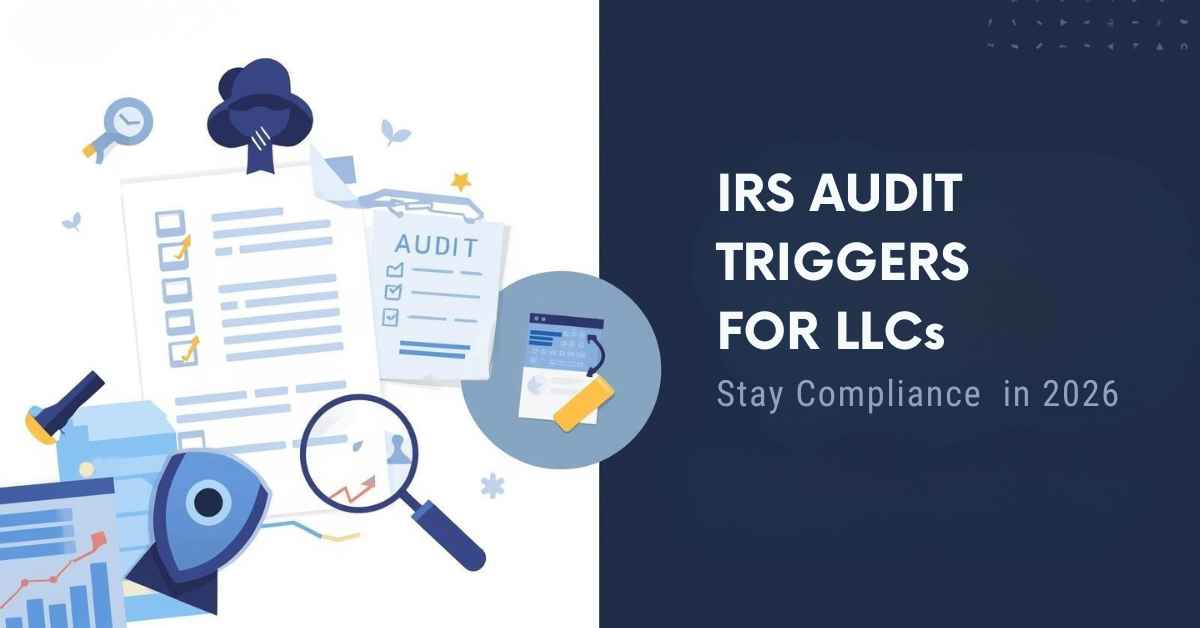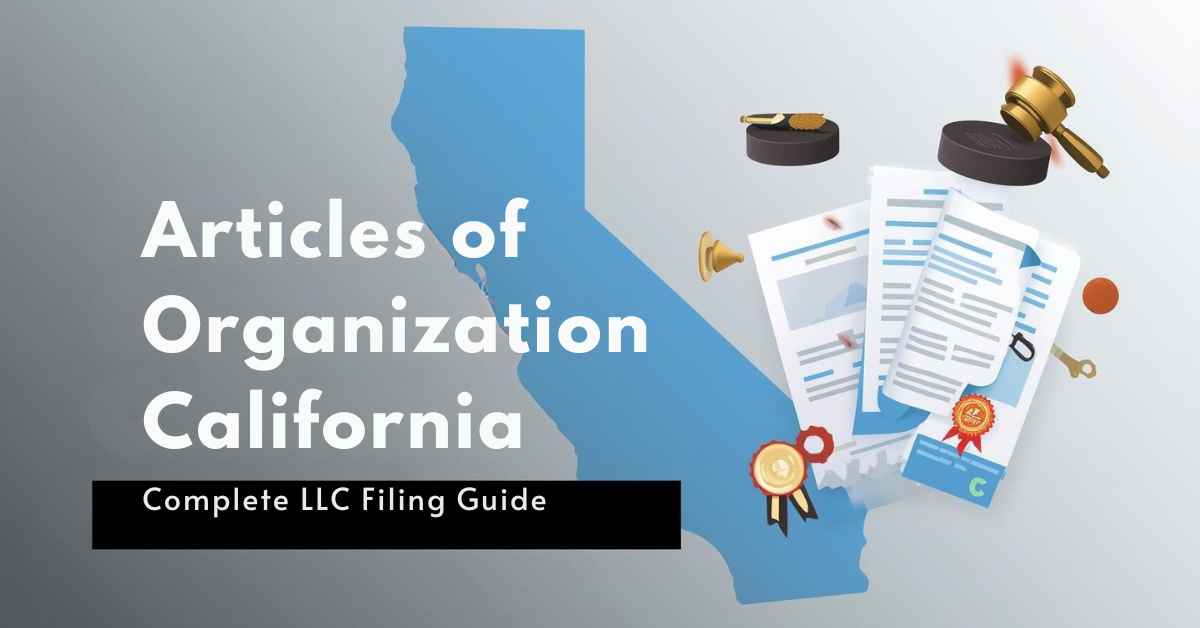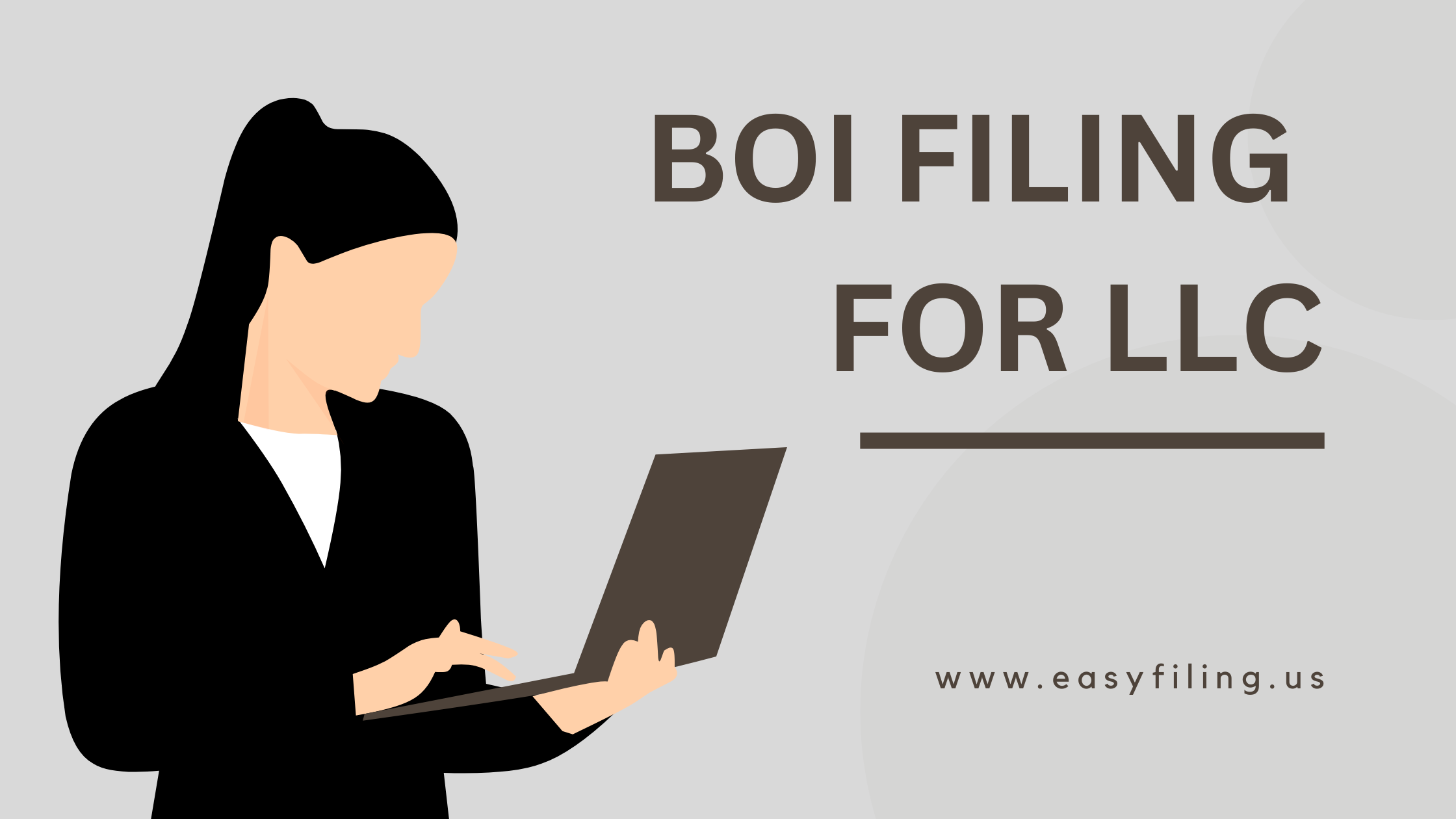During tax season every year, the IRS begins focusing on its audits for small businesses and LLCs. Most audits come from automated algorithms instead of human review. However, LLCs—especially foreign-owned LLCs tend to be placed in high-risk categories without even realizing it.
Missing Form 5472, mismatched income amounts, and incomplete filings are just a couple of small mistakes that result in big penalties.
This guide explains the triggers of IRS audits for LLCs, the IRS red flags for 2026, and the ways EasyFiling ensures your LLC stays compliant, accurate, and audit-proof.
Why the IRS Scrutinizes Small & Foreign-Owned LLCs
The IRS and small, foreign-owned LLCs are a combination that naturally involves heightened scrutiny.
The IRS uses a DIF system (Discriminant Information Function) to scan tax returns and look for discrepancies or abnormalities. LLCs are often placed in a higher DIF class for several reasons, including:
- Complex deduction structures
- Multi-member allocations
Foreign-Owned LLC Requirements by the IRS
Foreign owners of U.S. LLCs appear to the IRS as foreign owners of U.S. domestic entities. For IRS reporting purposes, foreign owners must complete:
- Form 5472
- Pro-forma Form 1120 (for SMLLCs)
- Form 1040-NR
- ITINs associated with reporting K-1 income
Completion of the above forms is mandatory; failure to provide these forms will almost certainly trigger IRS penalties or an audit.
LLC Bookkeeping Mistakes
Common bookkeeping issues that increase audit likelihood include:
- Mismatched records
- Incomplete or missing statements
- Late or incorrect filings
Common IRS Audit Triggers for LLCs (2026)
Below are some of the most common and most threatening warning signs that the IRS is likely to pursue this year.
1. Revenue and Deduction Mismatches
If you report revenue of X, the IRS expects proportional deductions. Large or unusual deductions that do not align with income are major audit triggers.
Examples of overspending that lead to unusual deductions include:
- Overspending on travel
- Oversized or over-budgeted advertising
- Excessive home utility claims
- Over-spending on equipment or office props
- Excessive meals/food expenses
- Overuse of contract services
The IRS compares your spending to revenue, industry averages, and typical business activity to determine whether your deductions are reasonable.
2. Repeated Hobby Losses
If an LLC reports losses for several consecutive years, the IRS may classify it as a hobby instead of a legitimate business.
The IRS follows the “3 out of 5 years” profit rule:
If your LLC does not show a profit in at least 3 of 5 tax years, the IRS may:
- Disallow your deductions
- Reclassify your LLC’s purpose
- Increase your audit risk
Foreign-owned start-up LLCs often overlook this crucial requirement.
3. Mismatched Income Reporting (1099s, K-1s, Bank Deposits)
The IRS automatically cross-matches:
- Form 1065 totals
- K-1 allocations
- 1099-NEC filed by clients
- 1099-K from Stripe/PayPal
- Bank deposits reported on returns
Any mismatch triggers a CP2000 or audit notice. Even minor inconsistencies can cause major issues.
4. Missing or Incorrect LLC U.S. Tax Return Forms (5472, 1065, 1040-NR)
This is the single biggest audit trigger for foreign-owned LLCs.
Common mistakes include:
- Form 1065: Not filed for multi-member LLC → $220 per partner, per month
- Form 5472: Not filed for single-member foreign-owned LLC → $25,000 penalty
- Pro-forma 1120: Missing for SMLLC non-residents → Automatic audit
- Form 1040-NR: Missing for foreign partners → Mismatch audit
These forms are mandatory—even if the LLC has zero income.
5. Incorrect EIN or Missing ITIN for Foreign Partners
Foreign-owned LLCs commonly experience:
- Incorrect EIN structure
- EIN obtained with incorrect information
- Missing ITINs for members receiving K-1s
Without an ITIN, the IRS cannot match foreign partner income, triggering automatic scrutiny.
6. Sudden High Contractor Payments With No 1099s
If you pay a contractor $600 or more, you must issue Form 1099-NEC.
The IRS compares the contractor’s reported income to your LLC’s expense records. Missing 1099s create immediate mismatches and trigger audits.
7. Capital Account Changes That Don’t Match K-1 Data
Partnership LLCs often face audit risks due to:
- Incorrect capital accounts
- Large unexplained contributions or distributions
- Changes not aligned with K-1 allocations
Capital accounts must correctly reconcile with Schedule L and K-1 totals. Most partnership audits stem from capital reporting issues.
8. Round-Number Reporting and Estimated Expenses
The IRS views perfectly rounded or repeated numbers as suspicious. Examples include:
- Rent is reported as exactly $5,000 every month
- $20,000 contractor expenses
- $10,000 in advertising
Consistent round numbers suggest estimates, not actual records.
IRS Compliance Checklist for Small Businesses & LLCs (2026)
To decrease audit risk, use this checklist:
✔ Maintain Audit Evidence
Keep all receipts, invoices, contracts, and bank statements for 3–7 years.
✔ Reconcile Bank Accounts Monthly
Identify issues early through routine reconciliation.
✔ File Form 1065 Annually
Ensure timely and accurate completion.
✔ Issue Correct K-1s
Every partner must receive an accurate Schedule K-1.
✔ File Form 5472 (If Foreign-Owned)
Mandatory for foreign-owned LLCs.
✔ Maintain Updated ITINs
Ensure all foreign partners have valid ITINs.
✔ Track Capital Accounts
Monitor and review all capital-related entries.
✔ Use Proper Accounting Categories
Set up a proper chart of accounts.
✔ Separate Business & Personal Expenses
Mixing expenses increases audit risk.
✔ Backup Records Digitally
Store documents off-site or in cloud storage.
IRS Pro Tip:
LLCs with consistent bookkeeping and accurate returns are rarely audited.
IRS Additional LLC Return Compliance Audits
The IRS monitors several red flags, including:
- Large charitable contributions with no documentation
- Unreported foreign activity
- Missing signatures or incorrect entity forms
- Cryptocurrency transactions with no records
- Rapid year-over-year growth
- Cash-intensive business operations
Spotting these risk factors early helps reduce audit inquiries.
Receiving an IRS Notice Regarding Your LLC
If you receive a CP2000 or audit letter:
- Act immediately — deadlines are strict.
- Identify the notice type (CP2000, CP12, or audit request).
- Gather supporting documentation.
- Do not guess. Incorrect responses escalate the issue.
- Consult a tax professional if needed.
- File all required documents before deadlines to avoid extra penalties.
How Filing Professionally Prevents IRS Filing Audits
Using a professional service significantly reduces audit risk.
EasyFiling ensures:
- Filing of Forms 1065, K-1s, 5472, and pro-forma 1120
- Preparation of accurate capital account schedules
- Proper deduction categorization
- Reconciliation of 1099s, deposits, and revenue
- Guidance on retention of records
- Early detection of missing documents or mismatches
👉 This tax season, stay IRS-compliant with professional support.
Foreign-Owned LLCs and Why They Tend to Get IRS Audits
Foreign founders are audited more frequently due to:
- Missing Form 5472 filings
- Foreign capital contributions
- No U.S.-based bookkeeping
- Missing or incorrect ITINs
- Misunderstanding IRS deadlines and responsibilities
With the right expert filings, foreign-owned LLCs can operate with minimal audit risk.
Conclusion
IRS audits are largely triggered by patterns, mismatches, and missing forms, not random selection. Understanding these triggers and filing accurately allows your LLC to operate safely with far lower audit risk.
For small businesses and foreign-owned LLCs, accuracy and documentation are more important in 2026 than ever.
File Your LLC Today
25$ off with a coupon
Lock in EasyFiling's transparent rates and get lifetime compliance support at no extra cost.
Get Started Now







